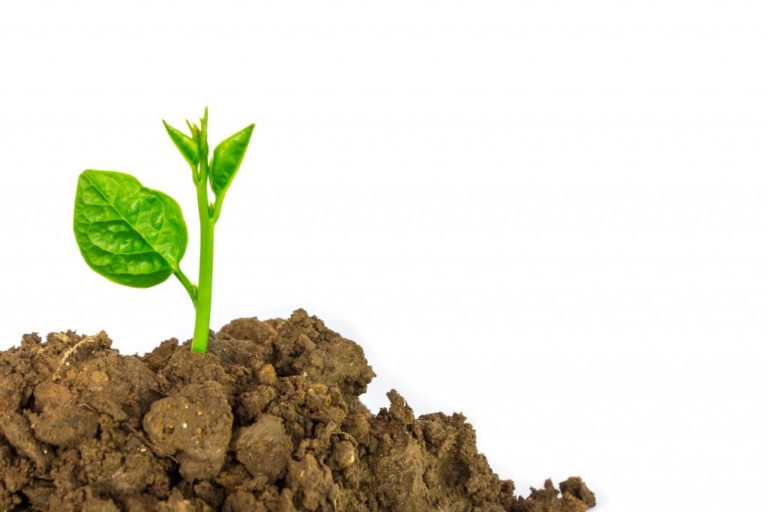The amount of waste in landfills continues to grow. The latest data from the U.S. Environmental Protection Agency (EPA) show approximately 146.1 million tons of municipal solid waste (MSW) end up in landfills as of 2018. It includes glass, paper and paperboard, metals, and plastics, among others. According to the agency, 24 percent of this waste is food, which was the largest component.
The more trash that ends up in landfills, the more the environment suffers. Poor waste management can contribute to climate change, a problem that humans have been dealing with for decades.
Landfilled waste releases methane gas, a major contributor to climate change. As a greenhouse gas, methane is 84 times more potent than carbon dioxide (CO2). Burning a large pile of waste also leads to dangerous levels of CO2 emissions, another key player in climate change.
Corporations from various industries are responsible for the majority of waste in landfills. As a business owner, it’s vital to address the waste your organization generates.
Why Proper Waste Management Is Important
More companies are becoming more environmentally aware and engaging in green initiatives. Sports brand Nike, for example, produces a line of sustainable products. The company uses environmentally-friendly materials, like recycled polyester, to create sports apparel. It also manufactures its products using renewable energy sources to minimize its environmental impact.
Managing your company’s waste is another way to reduce your carbon footprint. Not only it will help the environment, but it can also benefit your business.
A waste reduction program lets you enjoy multiple benefits, including:
1. Reduce cost. Recycling more materials can cut your disposal costs.
2. Conserve resources. This program can help your organization conserve natural resources by reusing and recycling materials, like metals and water.
3. Minimize greenhouse gas emissions. Reducing your waste by reusing and recycling can help limit greenhouse gas emissions, which is the ultimate goal of having a proper waste management program.
4. Better sustainability. Sustainable companies tend to appeal to more consumers. Enhancing your sustainability can improve your organization’s image and attract more customers.
Assess your organization’s waste management and create a program that will help you minimize your overall waste.
Waste Management Practices for Businesses

Every business should have a proper waste management program to collectively reduce the trash that ends up in landfills. If your organization doesn’t have this kind of program, here are three practices you can apply.
1. Track business waste
The first thing you should do to manage your company’s waste is to know how much waste your business generates. This serves as the foundation of a waste reduction program that works.
There are several ways to measure your organization’s waste. For instance, check the trash bins for collection before the collection truck arrives and note how full they are. You should also track how often your trash is collected. This will give you an idea of how much waste you produce within a certain period.
Another way to track your company’s waste is by using an online tool. You can find software that lets you track waste, energy, and water data over time, especially if you’re monitoring commercial buildings.
2. Minimize the waste that goes to landfill
Not every waste should end up in landfills. You can limit the trash you dump through waste prevention and recycling programs. Encourage and educate your team members to observe these practices to be more effective.
There are three ways your organization can generate less waste.
- Reduce. Assess how your business obtains goods and services and consider changing it in a way that will lessen your waste generation.
- Reuse. Check if you have waste materials that you can use again until they reach their end of life.
- Recycle. Be creative and give certain materials a new purpose.
Additionally, proper disposal of waste is crucial. Consider upgrading to commercial compactors. They can streamline your waste management than using regular dumpsters. This hardware compacts waste into smaller sizes, making disposal and recycling easier.
3. Implement a system for material collection on business premises
Not all businesses produce the same waste materials. Separating your trash accordingly will affect how waste is collected. In some areas, collectors only collect a certain type of waste during collection.
If the collector, for example, only collect paper or cardboard, you should separate other recyclable materials from that bin. The content of the trash bins should be clear to everyone for proper implementation.
Try to communicate with other businesses in your area to make sure you’re all sorting your waste correctly.
Corporations play a crucial role in climate change. As a business owner or manager, there are many ways you can help to fight this global problem. Start by focusing on your waste management and reduce as many wastes as possible that end up in landfills.


